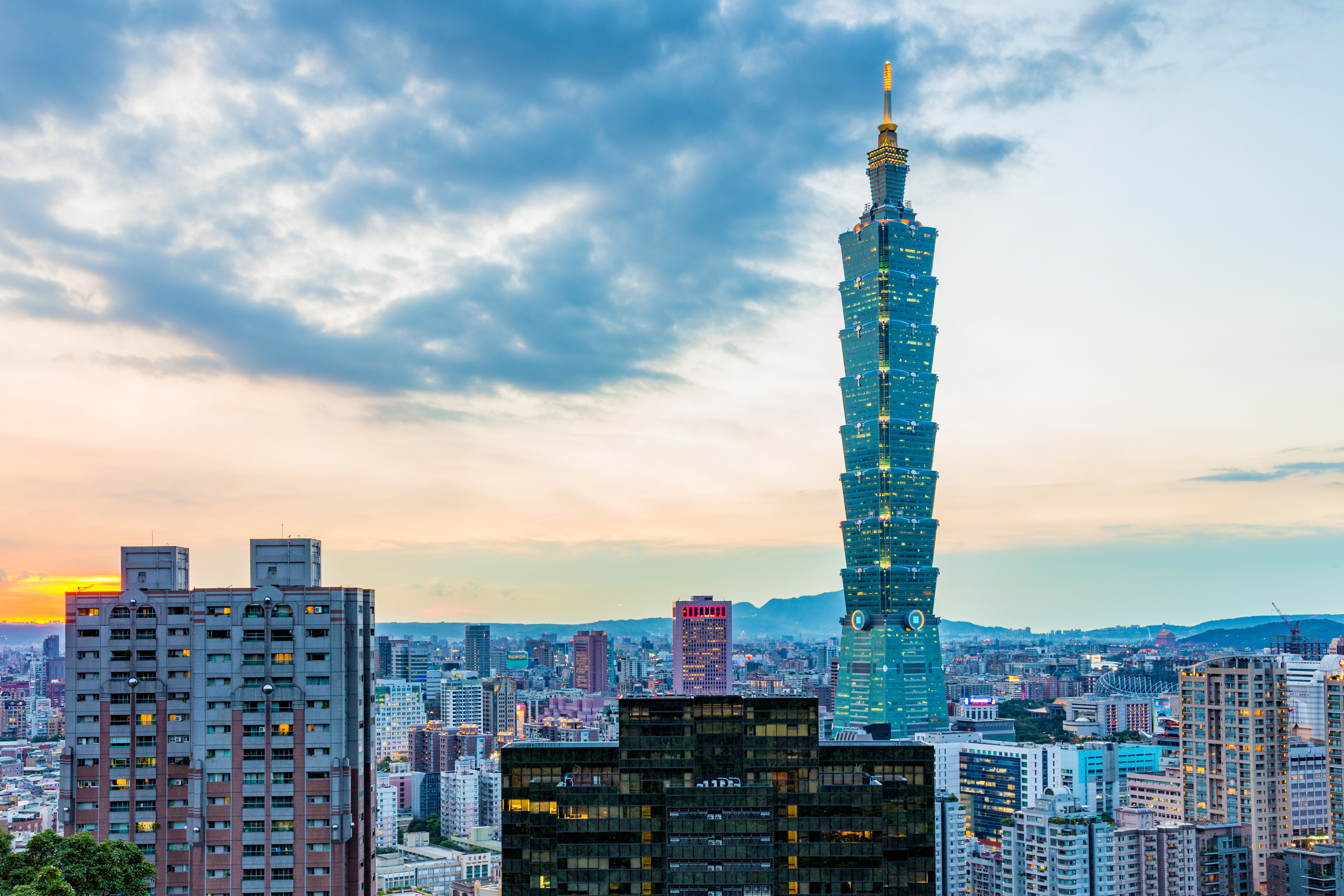Taiwan rejects calls for nationwide shorter workweeks

Taiwan’s Ministry of Labour (MOL) has dismissed the feasibility of implementing a shorter workweek and reduced working hours on a nationwide scale.
Two petitions, which received over 5,000 signatures in May, called for Taiwan to institutionalise a three-day weekend and revise Article 30 of the Labour Standards Act to lower working hours to six or seven per day, or 30 to 35 per week.
Huang Wei-chen, Director of the Department of Labour Statistics and Equal Employment under the MOL, cited the labour shortage in Taiwan as the primary reason for the rejection of the proposal. According to Huang, implementing such policies would burden all sectors, jeopardise business competitiveness, and place additional pressure on professions like police officers, firefighters, medical institutions, and social welfare organisations to work extra hours. Economic repercussions, including a projected decrease in tax revenues and challenges in completing school curricula, were also highlighted.
Despite acknowledging the labour shortage, Huang explained that the MOL is working on measures to increase labour participation and suggested that organisations could voluntarily adopt a four-day workweek or reduce working hours with employee consent.
READ MORE: Employers in Taiwan grapple with ageing workforce
The MOL also raised concerns about potential inflation resulting from higher labour costs and reduced production if an additional day off were granted. The Directorate-General of Personnel Administration (DGPA), a government body responsible for the overall personnel administration of all ministries and agencies, echoed this sentiment, emphasising the need for supporting measures before implementing a four-day workweek. The DGPA also highlighted the lack of existing examples for references, as no country has implemented a nationwide three-day weekend policy to date.
While overseas surveys on four-day workweeks have yielded positive results, Taiwan decided not to accept the proposed policy after consulting with relevant institutions and groups, the majority of whom opposed the move, said DGPA, reported Focus Taiwan.



